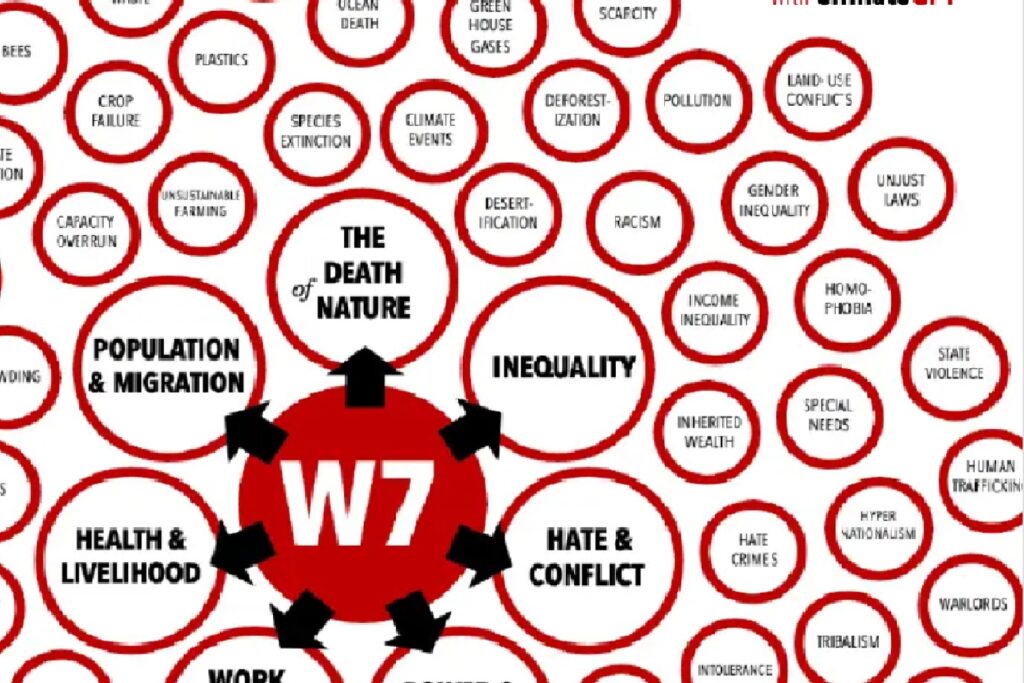Fossil Fuels as the Cause of the Global Polycrisis
This article argues how fossil fuels are both the main driver of the polycrisis and a significant barrier to effective climate action. It highlights how the global economy’s dependence on oil, gas, and coal not only fuels climate change but also reinforces political inertia through industry influence, misinformation campaigns, and lobbying efforts. The article underscores […]
Fossil Fuels as the Cause of the Global Polycrisis Read More »









